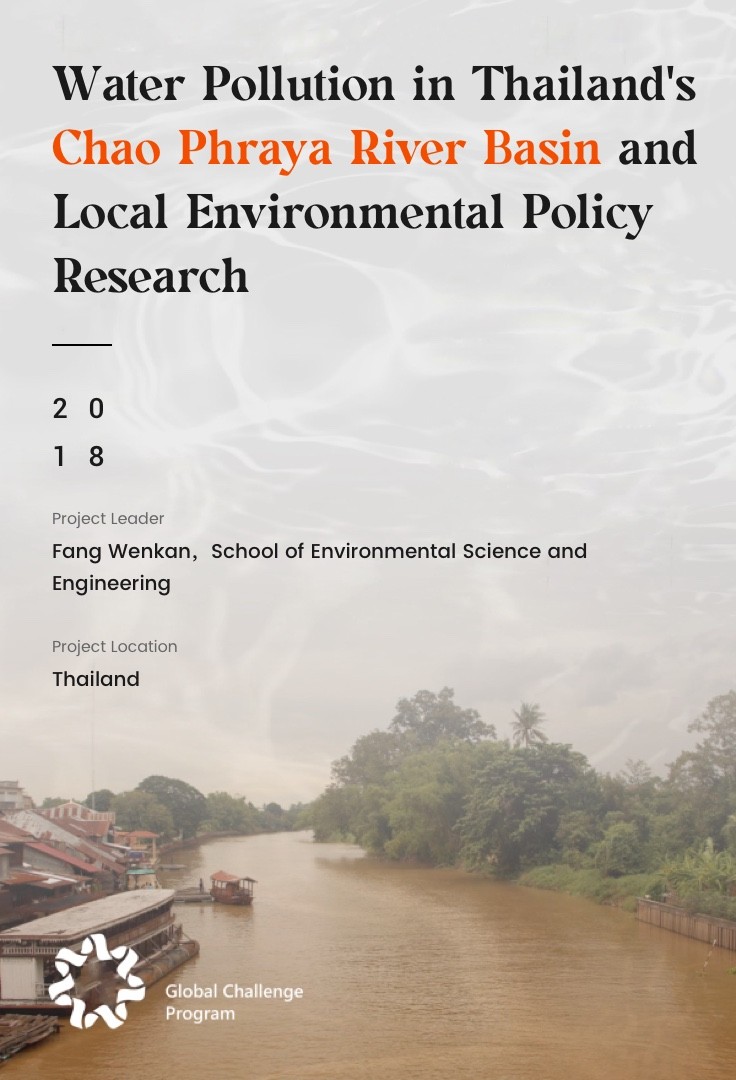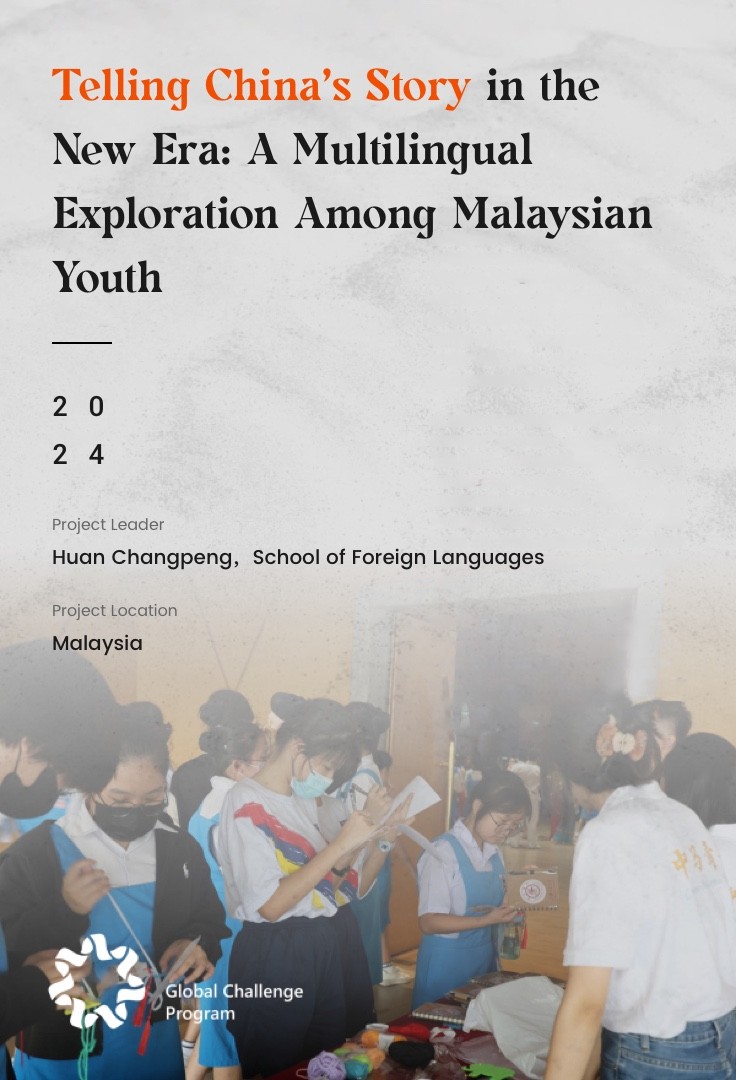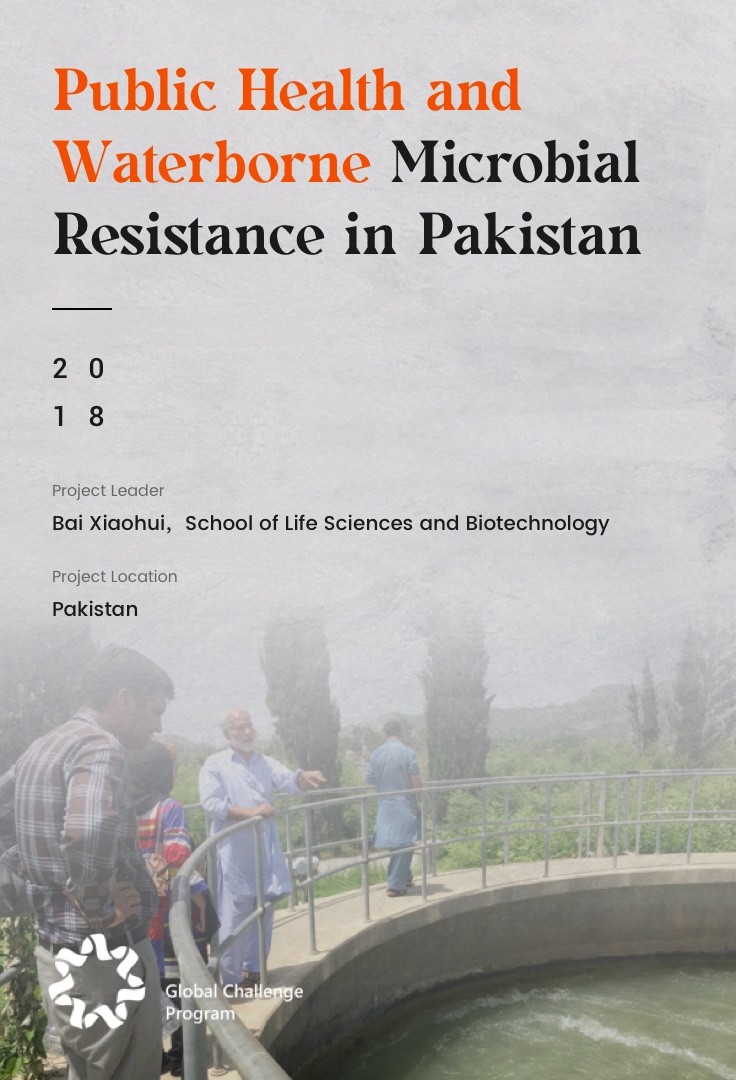Project Leader: Bai Xiaohui,School of Life Sciences and Biotechnology
Project Location: Pakistan
Drinking water quality is closely linked to human health. Currently, over 1 billion people worldwide lack access to safe drinking water, especially in some developing countries. Environmental pollution and inadequate public sanitation systems pose severe risks, and Pakistan is among the countries facing significant challenges with drinking water contamination.
The project team, jointly formed by our university and faculty and students from COMSATS University Islamabad (CUI), carried out a three-part initiative: field investigations, laboratory testing, and professional theoretical and technical guidance. Together, they assessed the quality of drinking water and the presence of antimicrobial-resistant microorganisms in major cities across Pakistan. Based on the results, the team proposed effective control strategies to help improve water quality and ensure the safety of drinking water for local residents.
The project team completed water quality assessment reports for three water treatment plants in Pakistan and proposed corresponding risk control strategies. These efforts aim to help improve the living standards and public health conditions of local residents. While contributing to local development, the project also further strengthened the traditional friendship between China and Pakistan, carrying profound and positive significance.



